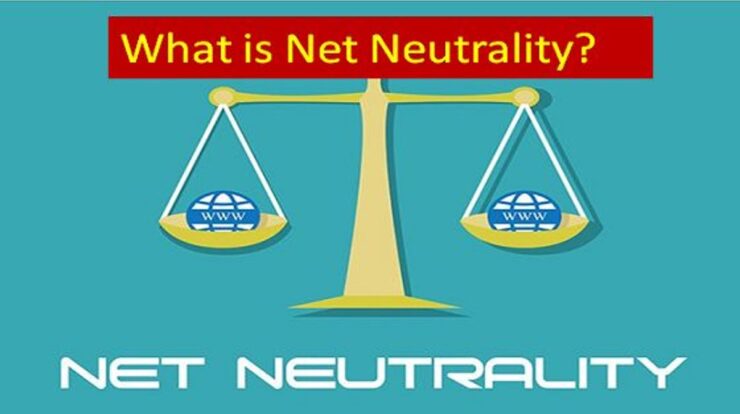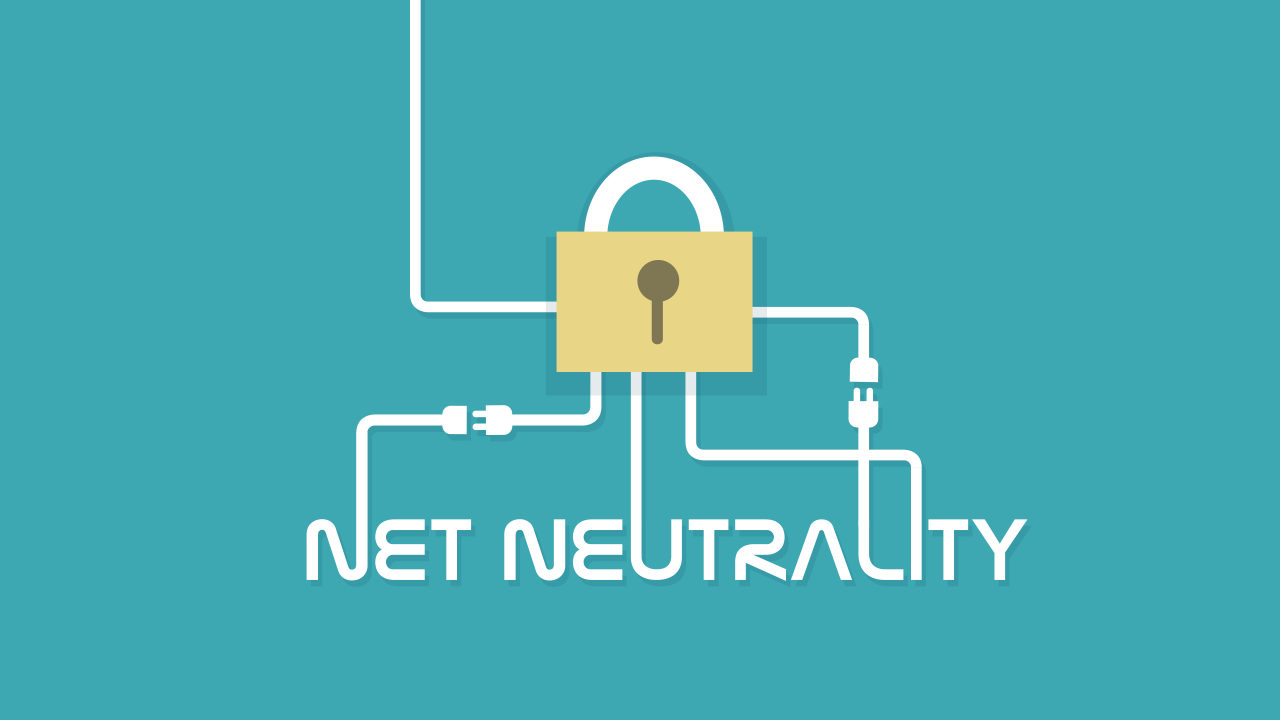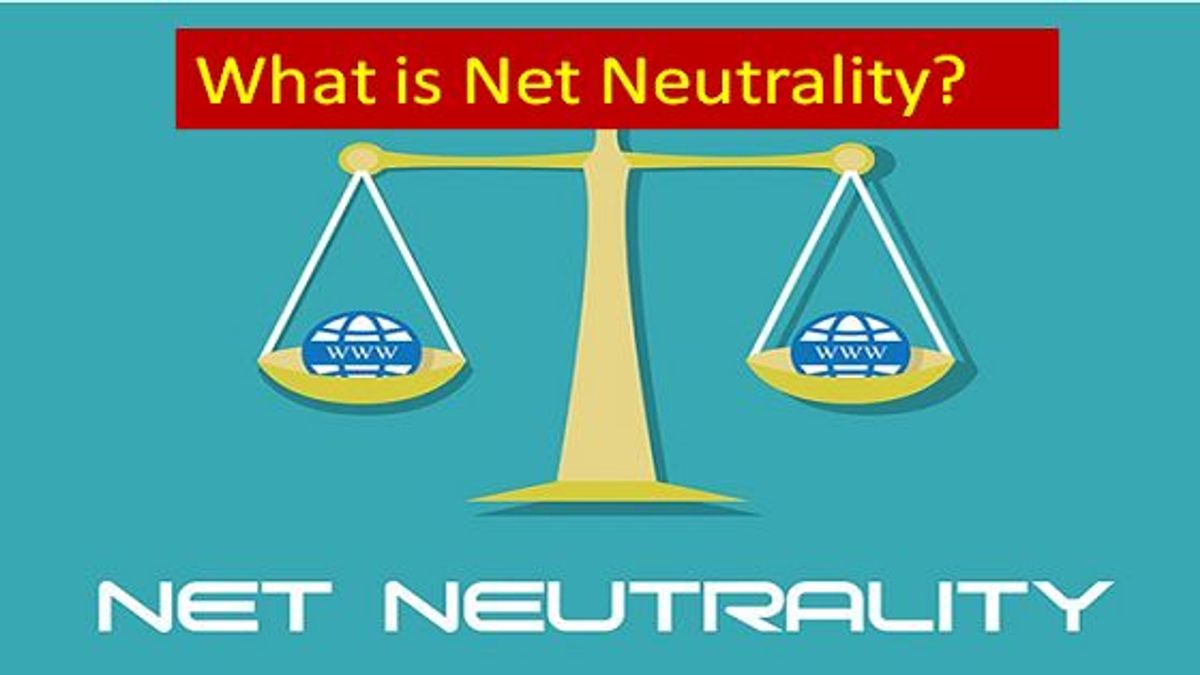
Net neutrality definition – The concept of net neutrality, the principle that internet service providers (ISPs) should treat all internet traffic equally, has become a hotly debated topic in recent years. This article delves into the definition of net neutrality, exploring its significance, history, and the arguments surrounding it.
Net neutrality ensures that ISPs cannot discriminate against certain types of traffic, such as by blocking or throttling specific websites or services. This principle is crucial for maintaining a free and open internet where users can access any content or application without restrictions.
Definition of Net Neutrality

Net neutrality is the principle that all internet traffic should be treated equally, regardless of its source, destination, or content. This means that internet service providers (ISPs) cannot block, throttle, or discriminate against any specific websites or online services.
Net neutrality is important for a free and open internet. It allows users to access any website or online service without having to worry about their ISP blocking or slowing down their connection. It also ensures that all businesses, regardless of their size, have an equal opportunity to compete in the online marketplace.
History of Net Neutrality
The concept of net neutrality has been around since the early days of the internet. However, it was not until 2005 that the Federal Communications Commission (FCC) adopted the first net neutrality regulations. These regulations prohibited ISPs from blocking or throttling internet traffic, but they did not prevent them from discriminating against specific websites or online services.
In 2015, the FCC adopted stronger net neutrality regulations that prohibited ISPs from engaging in any form of discrimination against internet traffic. These regulations were overturned by the FCC in 2017, but they were reinstated by a federal court in 2018.
Arguments for and Against Net Neutrality
Arguments in favor of net neutrality:
- It promotes competition and innovation by ensuring that all businesses have an equal opportunity to compete in the online marketplace.
- It protects consumers by ensuring that they have access to all websites and online services without having to worry about their ISP blocking or slowing down their connection.
- It supports a free and open internet by ensuring that all users have equal access to information and ideas.
Arguments against net neutrality:
- It stifles innovation by preventing ISPs from offering new and innovative services.
- It is unnecessary because ISPs have no incentive to block or throttle internet traffic.
- It is a government overreach that interferes with the free market.
Current State of Net Neutrality
The current state of net neutrality is uncertain. The FCC has not yet adopted new net neutrality regulations, and the future of net neutrality is unclear.
There are a number of threats to net neutrality. One threat is that ISPs may begin to block or throttle internet traffic to certain websites or online services. Another threat is that ISPs may begin to offer different tiers of service, with faster speeds for customers who pay more.
International Perspectives on Net Neutrality, Net neutrality definition
Net neutrality is a global issue. Many countries have adopted net neutrality regulations, but there is no global consensus on the issue.
In the United States, net neutrality is a highly controversial issue. The FCC has adopted and repealed net neutrality regulations several times in recent years.
In the European Union, net neutrality is a fundamental right. The EU has adopted strong net neutrality regulations that prohibit ISPs from blocking or throttling internet traffic.
Final Thoughts: Net Neutrality Definition

The debate over net neutrality continues to evolve, with ongoing discussions and controversies shaping the future of the internet. As technology advances and new challenges arise, it is essential to remain vigilant in safeguarding the principles of net neutrality to ensure a free and open internet for all.
Key Questions Answered
What is the main goal of net neutrality?
The primary objective of net neutrality is to prevent ISPs from unfairly favoring or discriminating against specific online content or services, ensuring equal access to the internet for all users.
How does net neutrality affect internet users?
Net neutrality protects internet users from potential restrictions or limitations imposed by ISPs. Without net neutrality, ISPs could potentially block or slow down access to certain websites or online services, giving them undue control over the flow of information.
Why is net neutrality important for businesses?
Net neutrality fosters a level playing field for businesses operating online, allowing them to compete fairly without being subject to discriminatory practices by ISPs. It ensures that small businesses and startups have the same opportunities to reach their customers as larger corporations.





